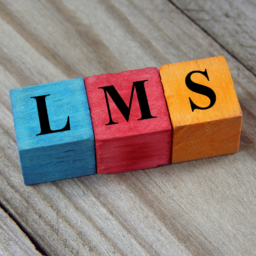Why are anglicisms used, and does the use of these words impoverish the language of Molière?
Before answering this question, let’s start by defining what anglicism is.
![]() Definition
Definition
An anglicism is a word, phrase, construction, expression, or spelling borrowed from the English language lexicon and criticized in the French-speaking world when used to the detriment of the French language. In linguistics and sociolinguistics, this is called borrowing. Borrowings are nouns, adjectives, and verbs that one language borrows from another, either entirely or by adapting it, notably orthographically.
According to Le Robert, the suffix -ism in the word anglicism could imply that there would be too much of it, a kind of excess. However, some words borrowed from English are accepted in French. However, others are considered incorrect because there are equivalents in French for the realities they designate.
Are Anglicisms a threat? Opinions differ.
For linguist Julie Neveux, “the notion of a pure language is absurd,” she points out. “Every language is constructed through friction with other languages.”

Anglicisms are much more tolerated in France than in Quebec. If the French seem to find absolute pleasure in using to stay “In,” anglicisms are present in Quebec for other reasons. In fact, since Canada’s two official languages are French and English, and because of its geographical proximity to the United States, it is not surprising that English words have found their way into our daily language! In Quebec, the language is heavily influenced by English, both in its vocabulary and in its syntax.
History
That said, throughout history, Quebec francophones have been forced to fight for their language, and continue to do so in order to preserve their language and identity. Consequently, any direct borrowing from English is suspect. In careful communication, we try to eliminate any English sounding word, even if it means making mistakes in French or not using a word we need to speak clearly. Thus, we are careful not to use English words like “e-mail,” “shopping” or “weekend.” We will use their French equivalents: “courriel“, “magasinage” and “fin de semaine“.

What about you? Do you use any anglicisms on a daily basis, in your personal or professional life? Do people spot anglicisms when you are writing?
At ELAM, language improvement courses help you to refine your language and refine your oral and written correspondence. Please get in touch with us to find the class that best suits your needs.


 Definition
Definition













